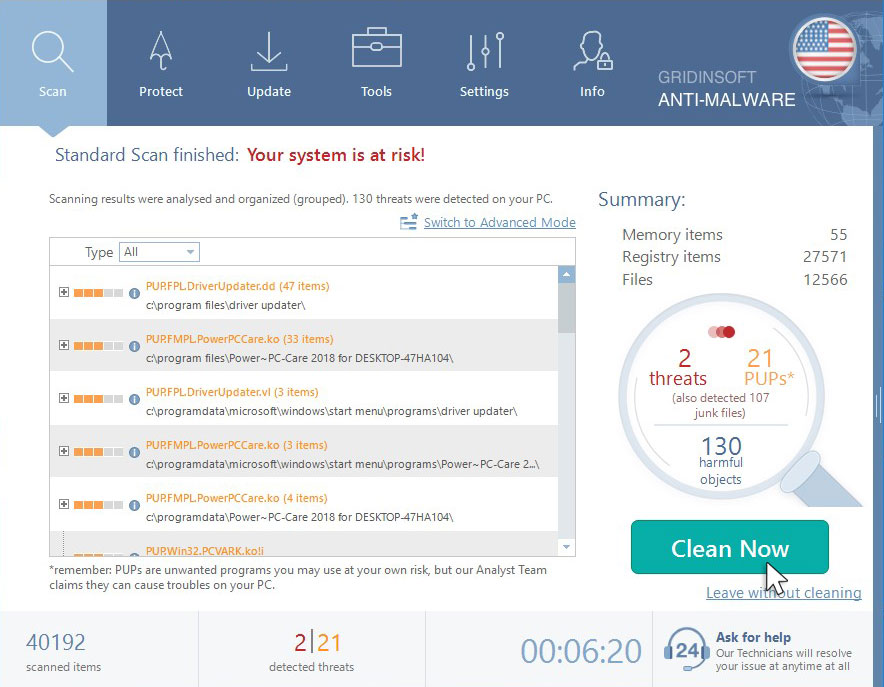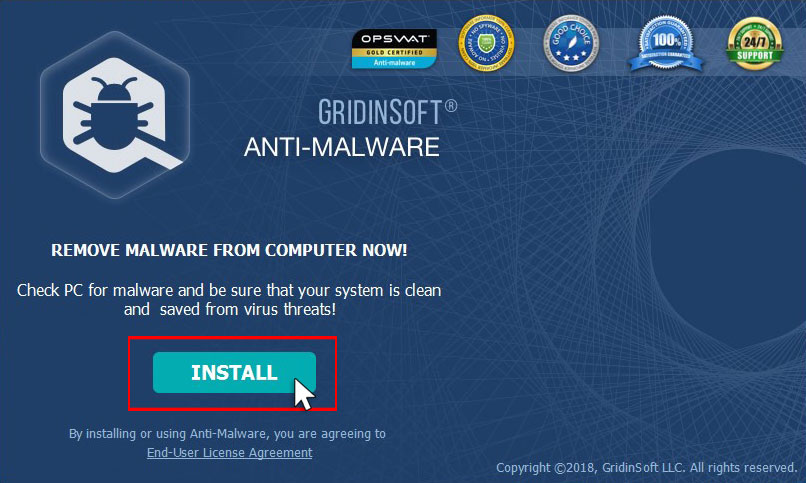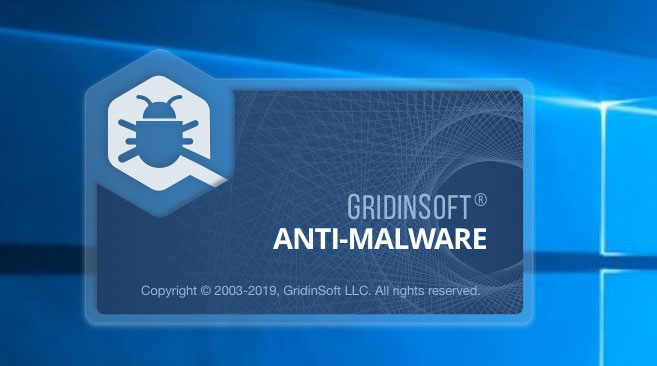Remove Silvertor Virus (.silvertor Files Ransomware) – SepSys Ransomware
Silvertor – Ransomware
The Silvertor stands for a ransomware-type infection. The virus comes from the SepSys ransomware family. Silvertor was elaborated specifically to encrypt all major file types. Once the file is encrypted people are not able to use them. Silvertor adds the “.silvertor” extension for each file encrypted by it. For example, the file “myphoto.jpg“, as soon as encrypted by Silvertor, will be renamed into “myphoto.jpg.silvertor“. As soon as the encryption is finished, Silvertor places a special text file into every folder containing the encrypted data.The message given by Silvertor text file requesting the ransom is absolutely the like the statements given by other ransomware virus representatives belonging to the SepSys family. It actually discusses that the info is encrypted which the only way to bring back it is to use a a distinct decryption key. Unfortunately, this is definitely true. The sort of cryptography mechanism used by Silvertor is still not properly examined. Still, it is definitely particular that each victim might be given the specific decryption key, which is absolutely unique. It is difficult to bring back the files without the key available.
Another technique of Silvertor is that the victims cannot get to the key. The key is stored on a particular server run by the frauds associated with Silvertor ransomware. To get the key and recover the important info people have to pay the ransom.
Silvertor encrypted your documents, but that might not be the only damage done to you. The ransomware might still be hidingon your computer. To identify whether this holds true, we suggest downloading GridinSoft Anti-Malware.
Download GridinSoft Anti-Malware
GridinSoft Anti-Malware Review, How to get free trial?, EULA, and Privacy Policy.
However, regardless of the requested amount, people should stay away from paying the virus. Cyber frauds are not fair, so they tend to entirely disregard what their victims feel about the issue, even when the payment reaches their pockets. This is why paying the ransom generally does not provide any positive result and people simply lose their money for nothing.
We highly advise that you do not contact these crooks and absolutely do not transfer money into their accounts. It is said to admit that there are no utilities able to crack Silvertor ransomware and to recover the data data free of charge. Hence, the just best decision is to recover the lost data from the available backup.
Virus Summary
| Name | Silvertor Ransomware |
| File Extension | .silvertor |
| Type | Ransomware |
| Family | SepSys |
| Short Description | The ransomware encrypts all the data stored on your system and requires a ransom to be paid on your part supposedly to recover your important files. |
| Symptoms | File encryption by the ransomware is performed by means of the AES and RSA encryption algorithms. Once the encryption is completed, the ransomware adds its special silvertor extension to all the files modified by it. |
| Distribution Method | Spam Emails, Email Attachments |
| Removal Tool | GridinSoft Anti-Malware |
Remember that the internet is now overwhelmed with threats that look comparable to Silvertor ransomware. Destructive programs of such kind are usually elaborated to encrypt crucial data and to state the need before the user to pay the ransom. The peculiarity of all such ransomware threats is that all apply a comparable algorithm to produce the unique decryption key for data decryption.
Hence, as long as the ransomware is still being developed or has some hidden bugs, by hand recovering the information is merely not feasible. The only way to prevent the loss of your essential data is to regularly create backups of your important information.
Keep in mind that even if you create such backups, they should be put into a special storage utility not connect to your main PC. You may use the Memory Stick or external disk drive for this purpose, or refer to the help of the cloud storage. If you save your backup files on your common system they may be encrypted along with other files, so it’s definitely not a good storage place.
How did ransomware infect my system?
There are several methods used by online frauds to distribute Silvertor ransom virus. Despite the fact that it doubts how precisely Silvertor injects your computer, there are some leaks through which it may infiltrate the system:
- integration with third-party software, especially freeware;
- spam emails from unidentified senders;
- websites rendering free hosting services;
- pirated peer-to-peer (P2P) downloads.
Typically Silvertor ransomware might exist as some genuine software, for instance, in the pop-ups instructing users to execute some essential software application updates. This is the common trick used by online scams to persuade people into downloading and installing Silvertor infection manually, by means of their direct participation in the installation process.
Furthermore, the criminals may describe numerous e-mail spam techniques to inject malicious codes into systems. So, they may describe to sending unsolicited spam emails with tricky notices promoting users to download the attachments or click on certain download links, for example, the ones motivating users to open some receipts, documents, tax reports or invoices.
Needless to mention, opening such files or clicking on such dangerous links may badly damage the system. Fictitious Adobe Flash Player update informs may result in Silvertor ransom injection. When it comes to the cracked software, these illegally downloaded programs may likewise include harmful codes causing Silvertor secret installation. Lastly, injection of Silvertor may happen by methods of Trojans that covertly get injected into the system and set up malicious tools without the user’s approval.
Is there any method to avoid the injection of Silvertor ransomware?
Despite the fact that there is no 100% guarantee to prevent your computer from getting infected, there are some pieces of guidance we want to show with you. To start with, be really cautious when you surf the web and particularly while downloading totally free apps. Keep away from opening suspicious email attachments, especially when the sender of the email is not familiar to you.
Remember that some freeware installers may contain other unwanted utilities in the bundle, so they may be harmful. Ensure that your current antivirus software and your entire operating system is always appropriately updated.
Obviously, downloading pirated software is unlawful and may lead to important damage to be produced your system. Thus, stay away from downloading cracked software. You are likewise strongly recommended to reconsider your existing security software and perhaps change to another security solution that can render much better services of protecting your PC.
Below please find the quotation from the Silvertor text file:
Your computer has been infected by the Silvertor Ransomware! Your files have been encrypted and can only be recovered by us. No commercial decryption software will save them. Follow these instructions instead if you want to get them back: -You have 10 hours to send $250 in Bitcoin (BTC) to 1MZinQ6gWvuwNfSupXL3VrErZ9jay9BXmh -If you still haven\'t paid after 10 hours, we will fry your files and they will no longer be recoverable -To learn more about Bitcoin and how to send it, visit https://bitcoin.org/en/buy or https://buy.bitcoin.com -After you send the Bitcoin donation to our address (1MZinQ6gWvuwNfSupXL3VrErZ9jay9BXmh), let us know at [email protected] -As soon as we confirm your donation, we will send you your file recovery password If you cooperate, we will guarantee you full protection from our organization and its endeavors in the future. If you fail to cooperate, you will lose your files permanently and perhaps more if we manage to infect you again. The choice is yours. We are not scammers, and your files WILL be returned after you pay. -Silicon Venom
Screenshot of files with “.silvertor” extension added by the ransomware:
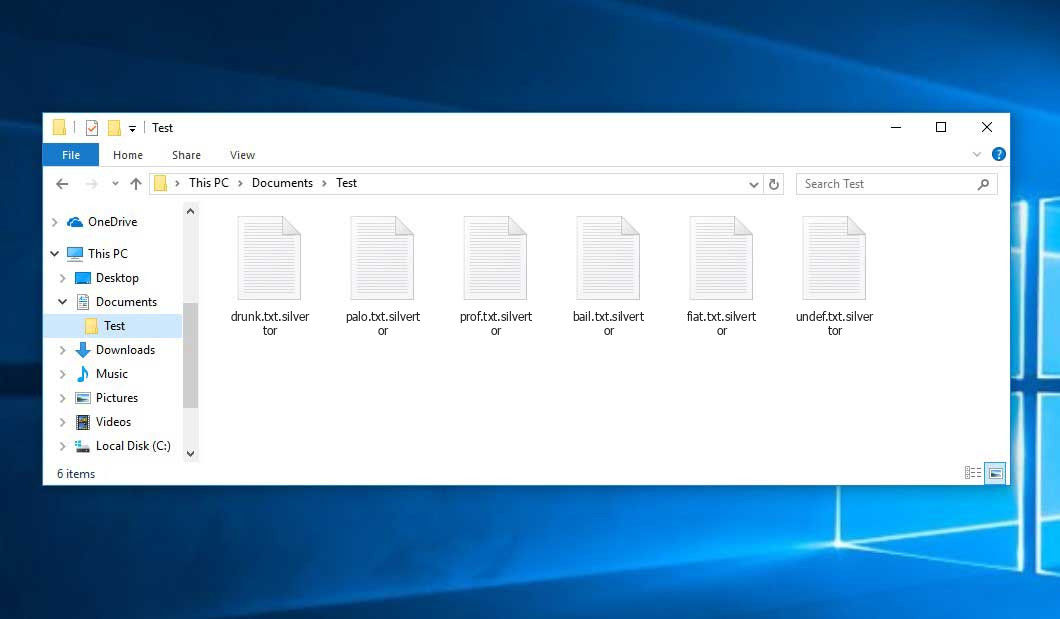
Use GridinSoft Anti-Malware to remove Silvertor ransomware from your computer
1.Download GridinSoft Anti-Malware.
You can download GridinSoft Anti-Malware by clicking the button below:
2. Double-click on the setup file.
When setup file has finished downloading, double-click on the setup-antimalware-ag.exe file to install GridinSoft Anti-Malware on your computer.
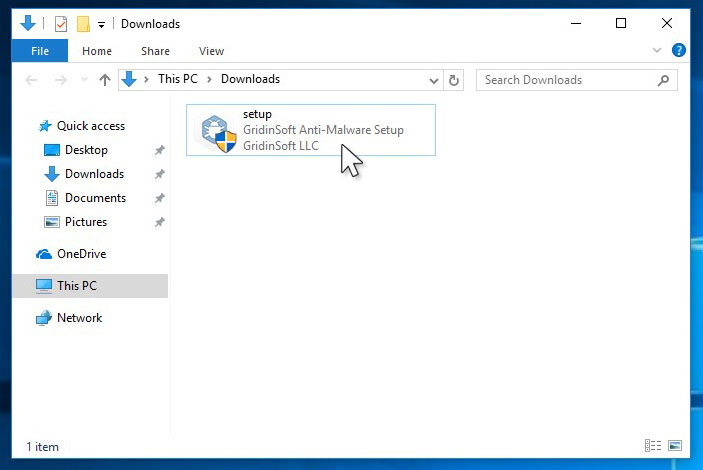
An User Account Control asking you about to allow GridinSoft Anti-Malware to make changes to your device. So, you should click “Yes” to continue with the installation.
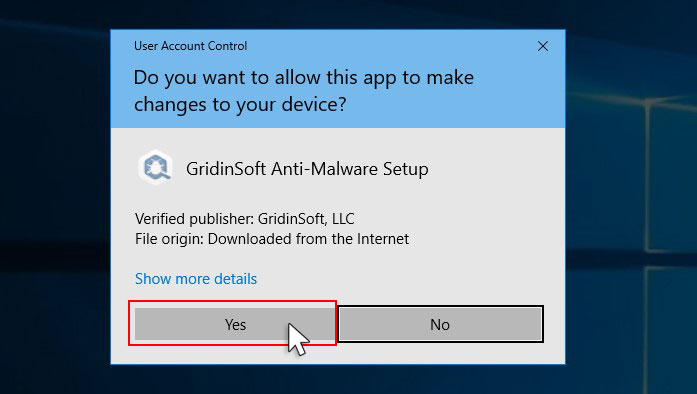
3. Press Install button for run GridinSoft Anti-Malware.
3.Once installed, GridinSoft Anti-Malware will automatically run.
4. Wait for the GridinSoft Anti-Malware scan to complete.
GridinSoft Anti-Malware will automatically start scanning your computer for Win Speedup 2018 and other malicious programs. This process can take a 20-30 minutes, so we suggest you periodically check on the status of the scan process.
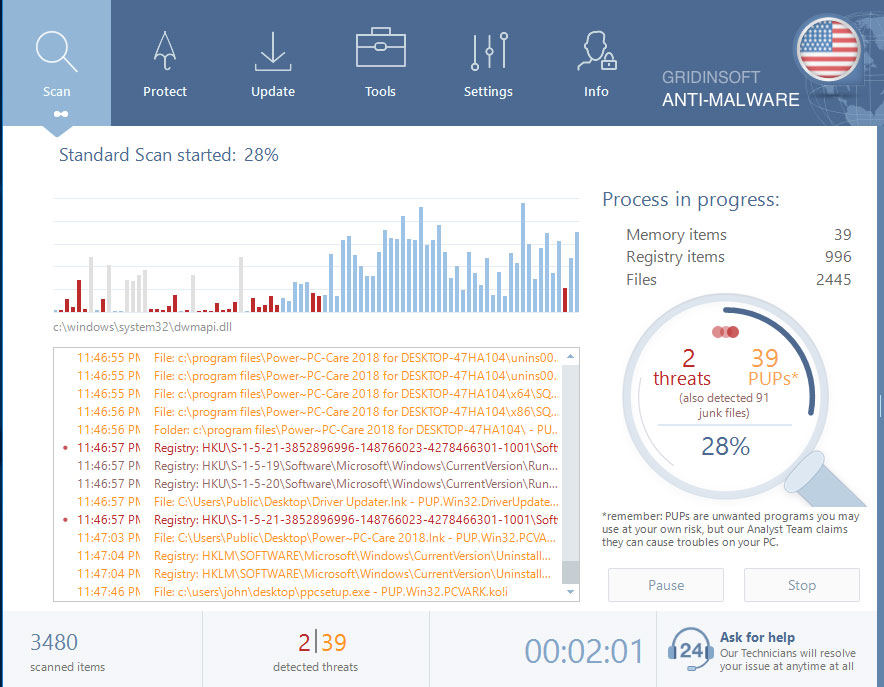
5. Click on “Clean Now”.
When the scan has completed, you will see the list of infections that GridinSoft Anti-Malware has detected. To remove them click on the “Clean Now” button in right corner.
